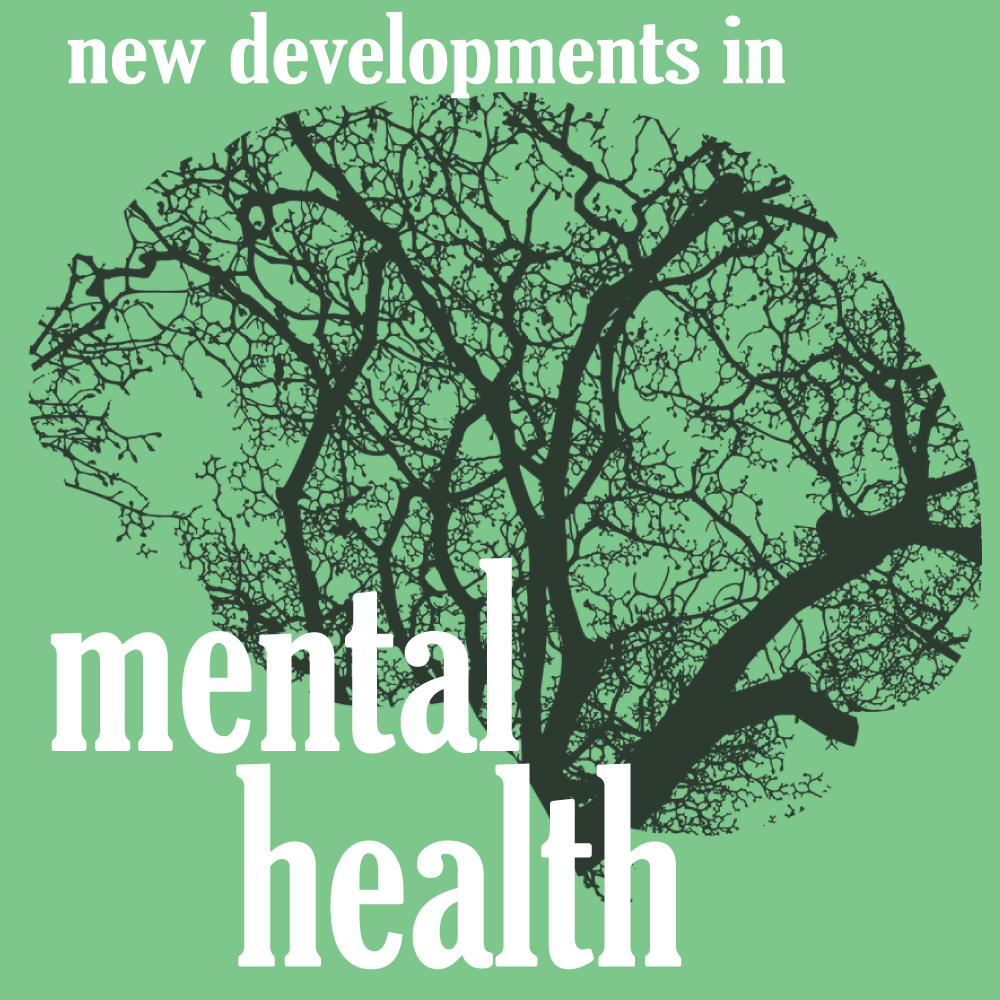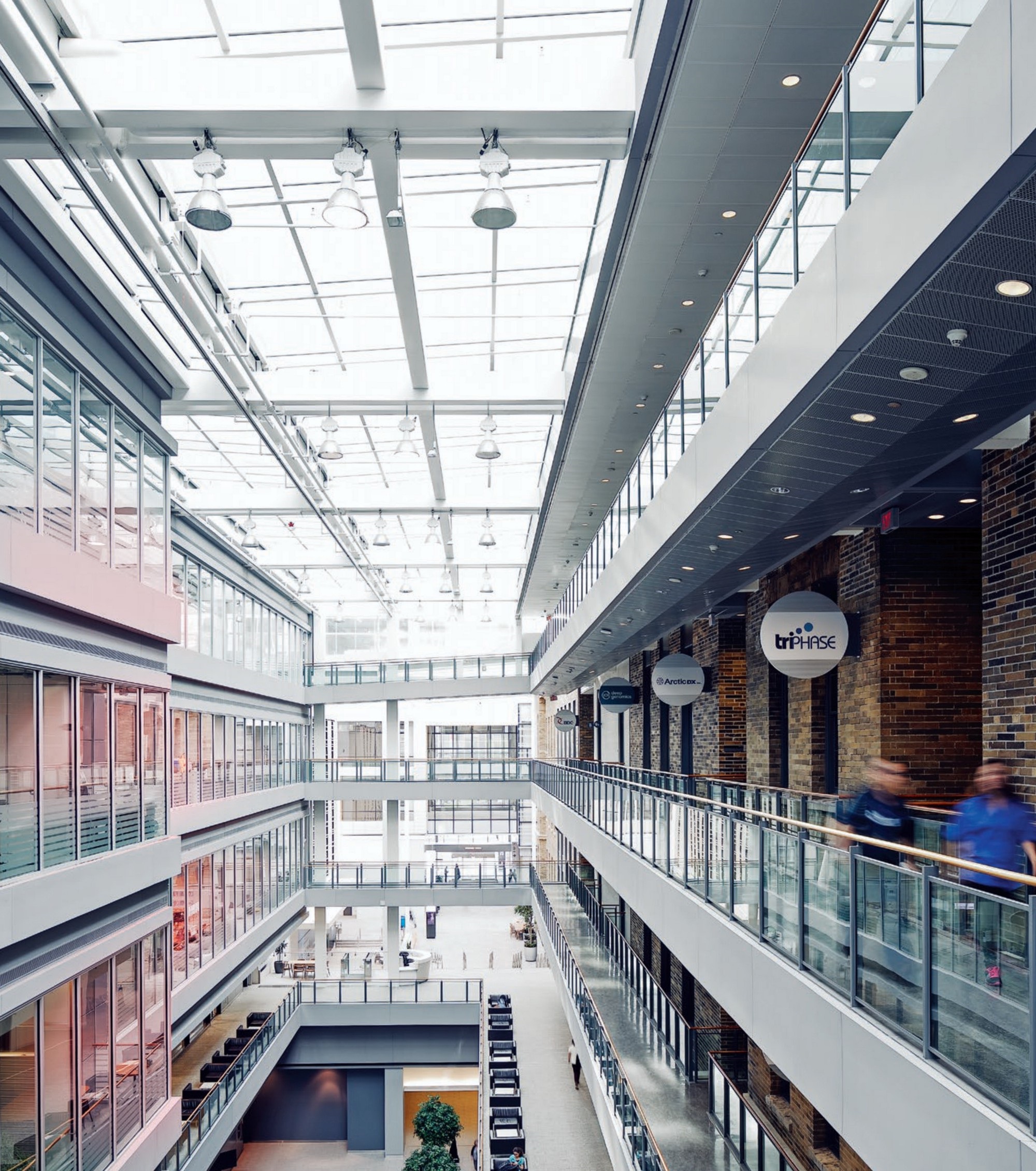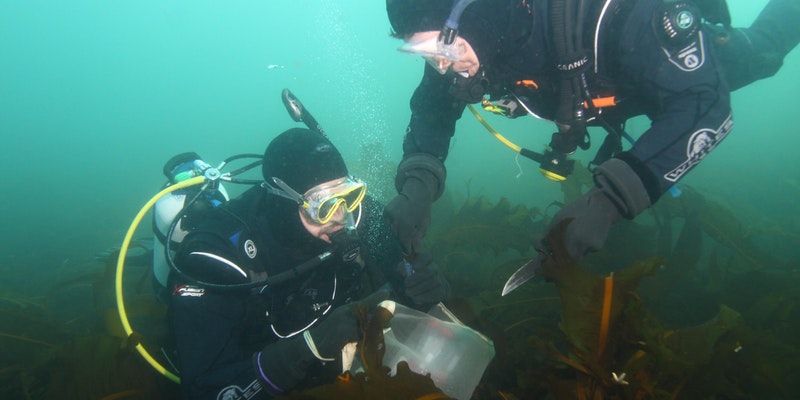Events
C2ST achieves its mission by hosting relevant, independent, and credible public STEM programs across all scientific fields at locations throughout Chicagoland. With nine out of ten program attendees’ expectations fulfilled, our supporters agree that C2ST is accomplishing its mission of increasing the public’s understanding of science and technology.
Miss an event? Anyone across the globe can access our STEM program library by visiting our YouTube channel, C2ST TV. Also be sure to follow us on Facebook, where we livestream many of our programs.
Check out below what programs we have planned and discover what we’ve hosted in the past.
The following testimonial from a C2ST supporter demonstrates the scope of our programming:
“A few years ago you hosted a talk called “The Science of Addiction”…I am a mother of a son who has been battling heroin addiction (substance abuse disorder)…As a person who taught and believed in science, I was frustrated going to family meetings where I was told repeatedly we were powerless. Then I attended the lecture hosted by C2ST and asked the question of what we could do to help support their research…Thank you so much! This lecture gave me direction and helped me feel like I had a purpose.”
Filter Events
September 26, 2017
Northwestern Robert H. Lurie Medical Research Center, Baldwin Auditorium
303 E Superior St, Chicago, IL, USA
Program Series:
Health and Wellness
Our understanding of how to treat mental illnesses, and what can contribute to developing mental health problems, is constantly evolving. On September 26th, 2017 we will look at some of the current factors at play in the world today — from the role social media plays in our lives, especially the lives of children and teenagers, to identifying those among us most vulnerable or at-risk of developing mental health issues. Read more…
September 12, 2017
The Radler
2375 North Milwaukee Avenue, Chicago, IL, USA
Program Series:
Technology and Engineering
Chicago’s Potemkin Village: Why Chicago’s innovation economy has failed, and how we can grow an innovation economy built around invention, technology transfer, and entrepreneurship
Since 2012, Chicago has built an estimated 1.5 million square feet of coworking spaces, and about 80 or 90 incubators and accelerators. Read more…
September 6, 2017
6:00 pm
– 8:00 pm
Chicago Public Library, Harold Washington Center
400 South State Street, Chicago, IL, United States
Program Series:
Technology and Engineering
Fermilab celebrates its 50th anniversary in 2017. What does the future hold for this world-renowned laboratory in Chicago’s western suburbs—and for physics itself?
August 25, 2017
6:00 pm
– 8:30 pm
Chicago Maritime Museum
1200 West 35th Street, Chicago, IL, United States
Program Series:
Science and Society
Most of us have been to natural history museums–toured the exhibits, pored over collections of bugs and bones–but who decides what goes on display? How did it all end up there? And what exactly does a curator do?
All of North America will enjoy a total eclipse of the sun on August 21, 2017. Those in the path of totality, where the moon completely covers the face of the sun and only the corona is visible, will experience a total solar eclipse–temperatures will suddenly drop, and wildlife will go eerily silent. This path of totality will stretch from Salem, Oregon to Charleston, South Carolina. The last time the Lower 48 experienced a total solar eclipse was 1979; the next one traveling coast to coast won’t be until 2045. Read more…
July 11, 2017
The Radler
2375 North Milwaukee Avenue, Chicago, IL 60647, United States
Program Series:
Life Science
The discovery that a microorganism produced penicillin in 1928 ushered in an unprecedented global effort to mine for new antibiotics from the environment, in particular from microorganisms that live in soil. It remains one of the most impactful scientific discoveries in our species’ history, as it resulted in nearly doubling our life span. Read more…





